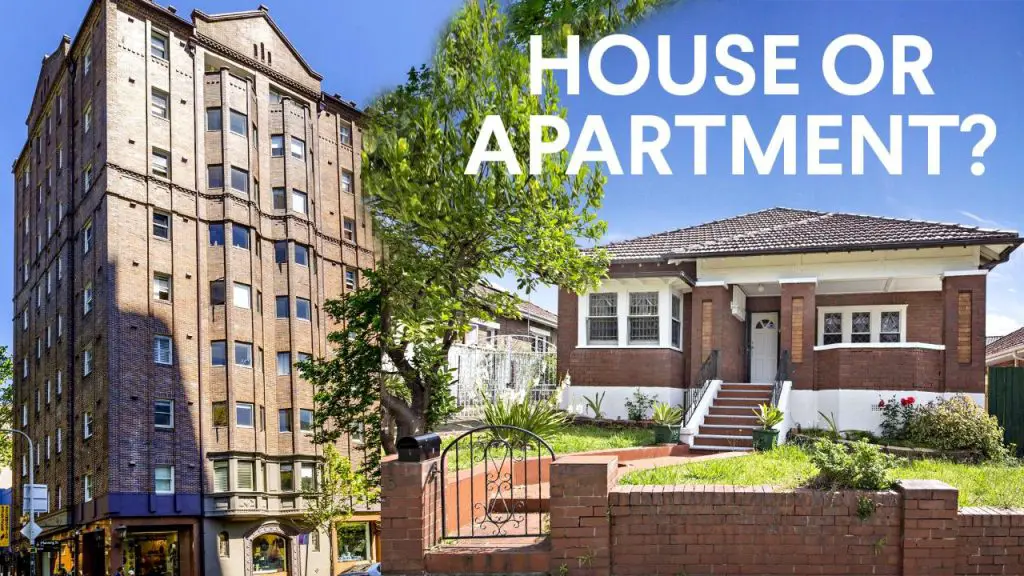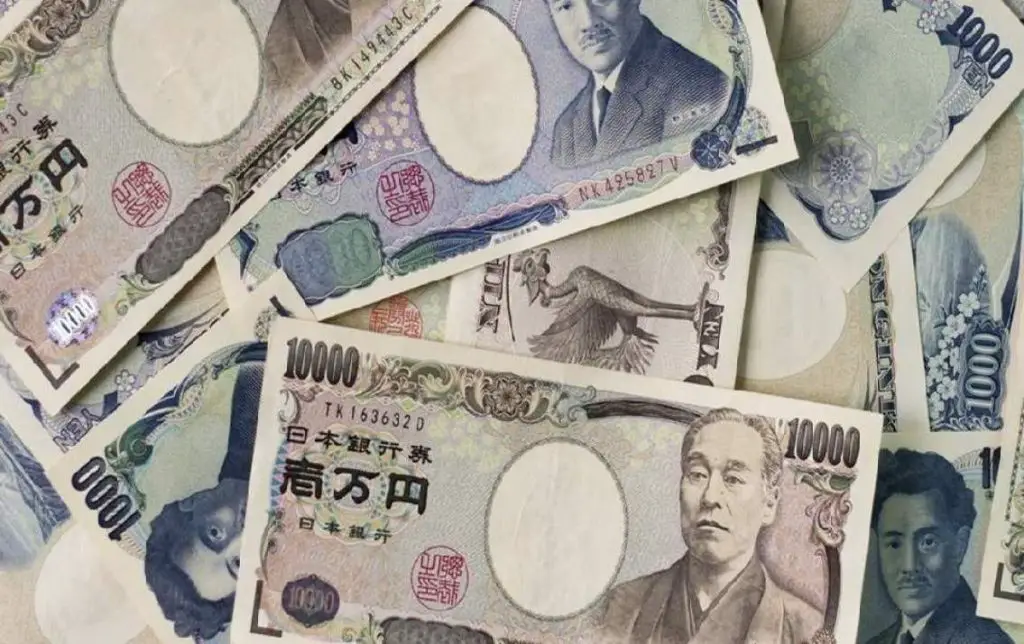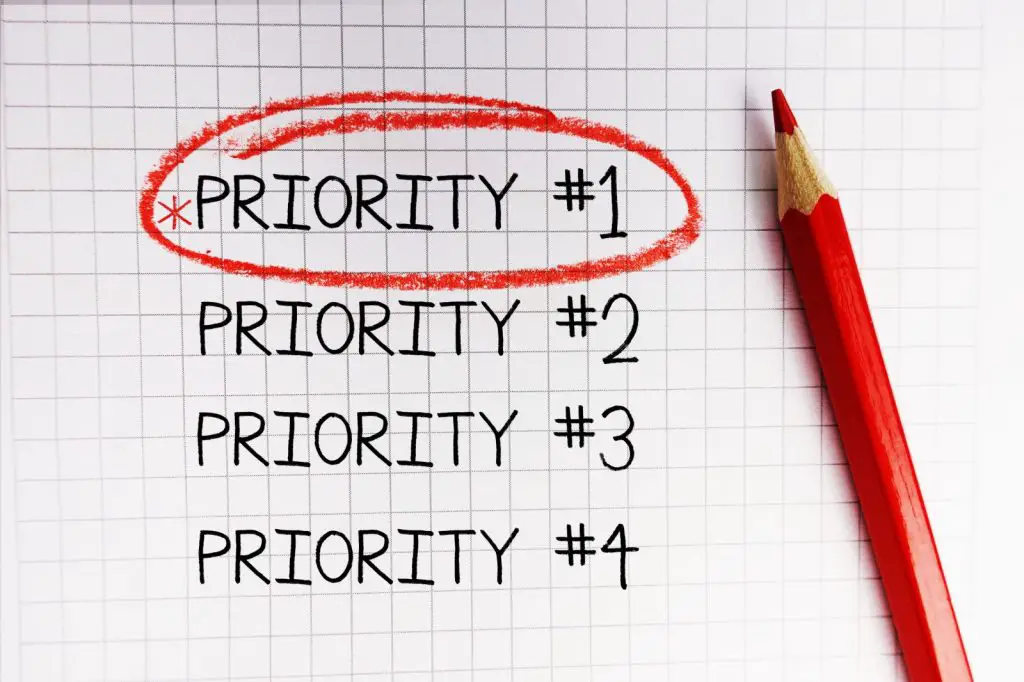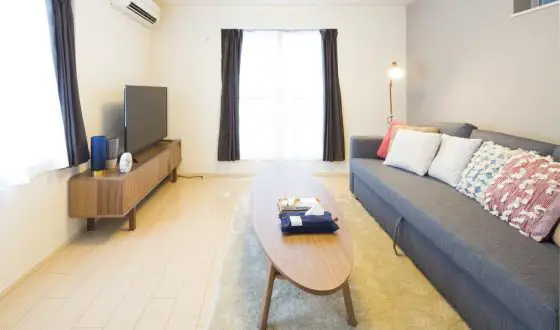- Homepage
- ›
- Tokyo Apartments For Rent
Tokyo Apartments For Rent
GRIP House Tokyo
Contact us
apartment
Contact us
6 Top Tips To Find Tokyo Apartments For Rent
Tokyo, the capital of Japan, is well-known for its high cost of living and annually lies in the list of the world’s top ten most expensive cities. Like most major cities in the world, renting fees tend to account for a large amount of living costs in Japan. However, it’s not always expensive to live in Japan depending on where your location is. In this blog, you’ll be given detailed recommendations on Tokyo apartments for rent, specifically tips to help you find your dream one. Now, let’s check it out! ...Tip 1# Know Your Choice: Apartment Or ShareHouse
Before you start looking for apartments in Japan, you should consider whether an apartment is really suitable for you or not. If you don’t prepare to stay in Japan for a long time, then signing a two-year rental contract may not be the best decision. Similarly, if you are a student, have an unstable income or worry that you might not meet some of the potential rental requirements, then thinking about other alternatives can solve many of your problems. A sharehouse or “guest house” can be your choice as it offers a long-term stay without the commitment as well as helps you to avoid a lot of initial set up costs.

Apartment or share house? Take this into consideration first!
There is a variety of sharehouses for you to choose depending on your needs. You can find some exclusively designed for women or professionals. Besides, many luxury dormitory-style apartments include en suite bathrooms that are available for those who are antisocial or people who just don’t like waiting for the shower.
Tip 2# What Are The Set Up Costs?

When renting an apartment in Tokyo, prepare yourself to pay the set-up costs as they are really expensive.
SEE MORE:
Tokyo apartments for rent are very costly and there is a long list of set up costs related to them. Depending on the real estate agency, the landlord and local standards, the long list of set up costs will vary. However, you’ll most likely be asked to provide:
-
Deposit
The deposit is used to cover eventual future damage to the apartment and is refunded when you move out, minus the costs for repairs. The deposit is usually equivalent to one to three months’ rent.
-
First Month’s Rent
This is paid in advance depending on your moving date.
-
Agency Fee
This is the commission fee for the agent. It varies from zero to 1.5 months’ rent.
-
Key Money
This is a non-refundable payment to the landlord in the amount of up to several months’ rent.
-
Guarantor Company Fee
A guarantor is a person who confirms your reliability and acts as insurance for your contract. If you don’t have a guarantor, you may need to use a guarantor company and you’ll have to pay them around one month’s rent, plus an annual renewal fee of about ¥10,000.
-
Lock Changing Fee
Normally, each new tenant has to pay around ¥12,000 for changing the locks.
-
Insurance
Fire and emergency insurance is also compulsory and costs around ¥15,000 to ¥20,000.
-
Maintenance Fee
This is a monthly surplus fee added to the rent in some Tokyo apartments to cover the maintenance and upkeep of communal spaces like your lobby and elevators. The fee is around ¥3,000 to ¥8,000 per month.
-
Cleaning Fee
This will be deducted from your deposit after you move out to cover cleaning and property damage.
-
Renewal Fee
The standard apartment lease is two years. If you want to stay longer, most landlords or rental agencies expect you to pay a renewal fee of one month’s rent every two years.
Remember that most Tokyo apartments for rent come unfurnished and utilities including gas, water, electricity, and Internet are not included in the rent. Therefore, prepare yourself for those budgets if this is your first big move.
Tip 3# Determine Your Priorities: Location, Size, Pets
Just like any other big city, location with convenient transportation and good local amenities come at higher costs. If you want to save money and get more floor space, you should handle a 10- or 15- minute walk to the station every day. The further out you go from central Tokyo, the cheaper apartments become.
Also, there are a few important questions that you should ask yourself first. Would you like your apartment to have a balcony? Do you need a lot of natural light? Would you really be okay living on the 14th floor? Tatami flooring or wooden flooring? Is it going to drive you insane if your toilet and shower room are combined in a single unit bathroom resulting in a constantly damp floor? Moreover, if you are pet owners be aware that Tokyo apartments for rent have special requirements.

Determining your priorities is the third tip that you should bear in mind.
Tip 4# Understand Japan’s Property Terms: “jo” & LDK
Apartments in Japan are usually measured in square feet, but “jo” (tatami mat size) is the measurement unit for the individual room sizes. A standard bedroom is six-jo or six-mat (one mat is about 1.8 meters x 0.9 meters).
Regarding apartment layout, LDK stands for “living, dining, kitchen,” and refers to an open-plan area combining these three areas. 1LDK indicates that there is one separate bedroom and a separate bathroom. 2LDK has two bedrooms, and so on.
1DK is one bedroom plus a smaller separate dining room and kitchen, with a 1K only having a compact separate kitchen. 1R or studio means everything except the bathroom is in one room and can be a very affordable option.
Tip 5# Prepare For The Paperwork: Tokyo Real Estate’s Most Wanted Documents

Paperwork is also important in renting an apartment in Tokyo.
To make sure what the exact requirements in terms of paperwork for renting a Tokyo apartment are, you should ask your agent. However, here are a few things that you should expect to be asked for:
-
Proof of your income and employment
The standard expectation in Japan is that your rent will amount to no more than a third of your income. So, your monthly salary should be ¥300,000 minimum if you want to rent a ¥100,000 a month apartment.
-
A valid visa
This must be at least one year left.
-
A Japanese guarantor
This is the person who will also need to provide their personal details including proof of their employment, and proof of income sufficient to cover your rent. And remember that foreigners are not accepted as guarantors.
-
Proof of registration at your previous address
This is the certificate from your previous ward office.
If you cannot provide all of the documents that your agent requires, don’t give up. Try to find another agency!
Tip 6# Find A Good Agent: Communication Is The Key
Finding a real estate agent with whom you can make a conversation easily is very important. Once you get a good agent, what you only need to do is tell them exactly what you want and they will work hard to find your dream apartment.
Nowadays, there are plenty of excellent agencies and services for foreigners renting in Tokyo. Suumo, one of the top real estate providers in Japan even has a special section on their site targeting foreigners, including a helpful directory of agents offering services in English. You can also try Gaijin Apartment Helper, which has listings of foreigner-friendly apartments in the Tokyo and Osaka areas.
Trust your gut feeling when you first meet the agents. If they are reluctant to show you properties, the whole process may be a struggle. A good agent is confident, efficient and will help you every step of the way.
Conclusion
Hopefully, the six tips mentioned above would help you find your dream apartment in Tokyo. Although Tokyo apartments for rent are expensive, you’ll definitely get one suitable if you try to look for it. If you have rented an apartment in Tokyo and have more tips to share, don’t hesitate to leave comments below this blog!


